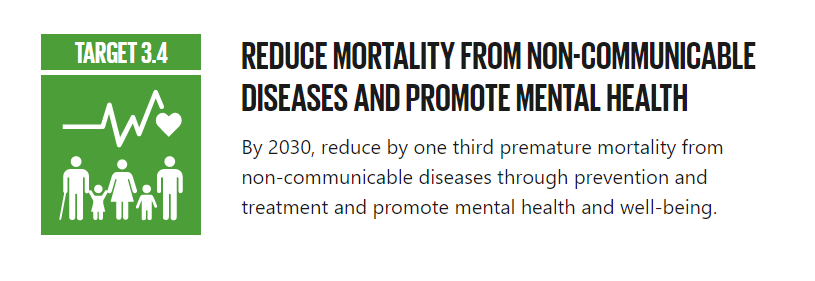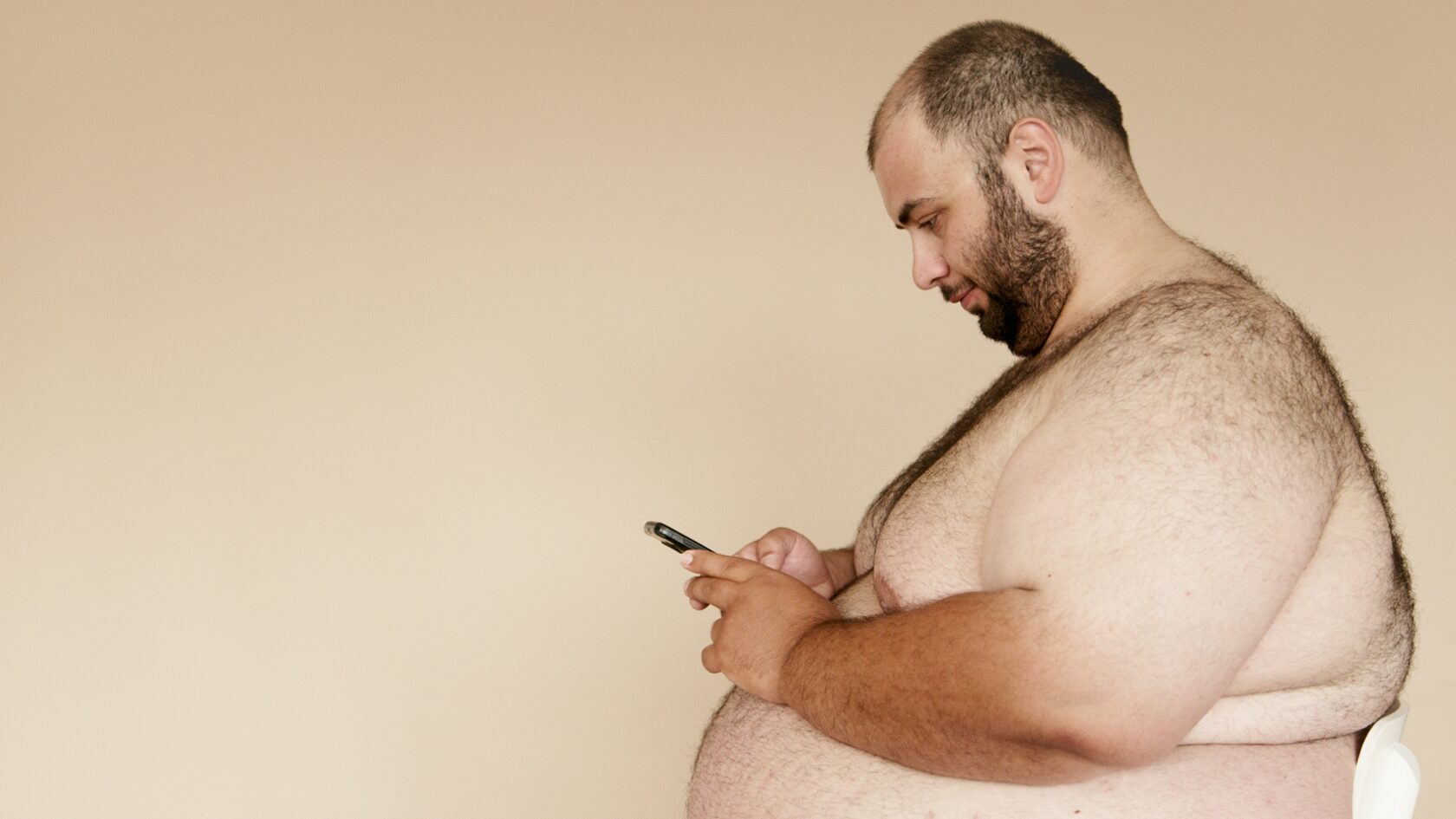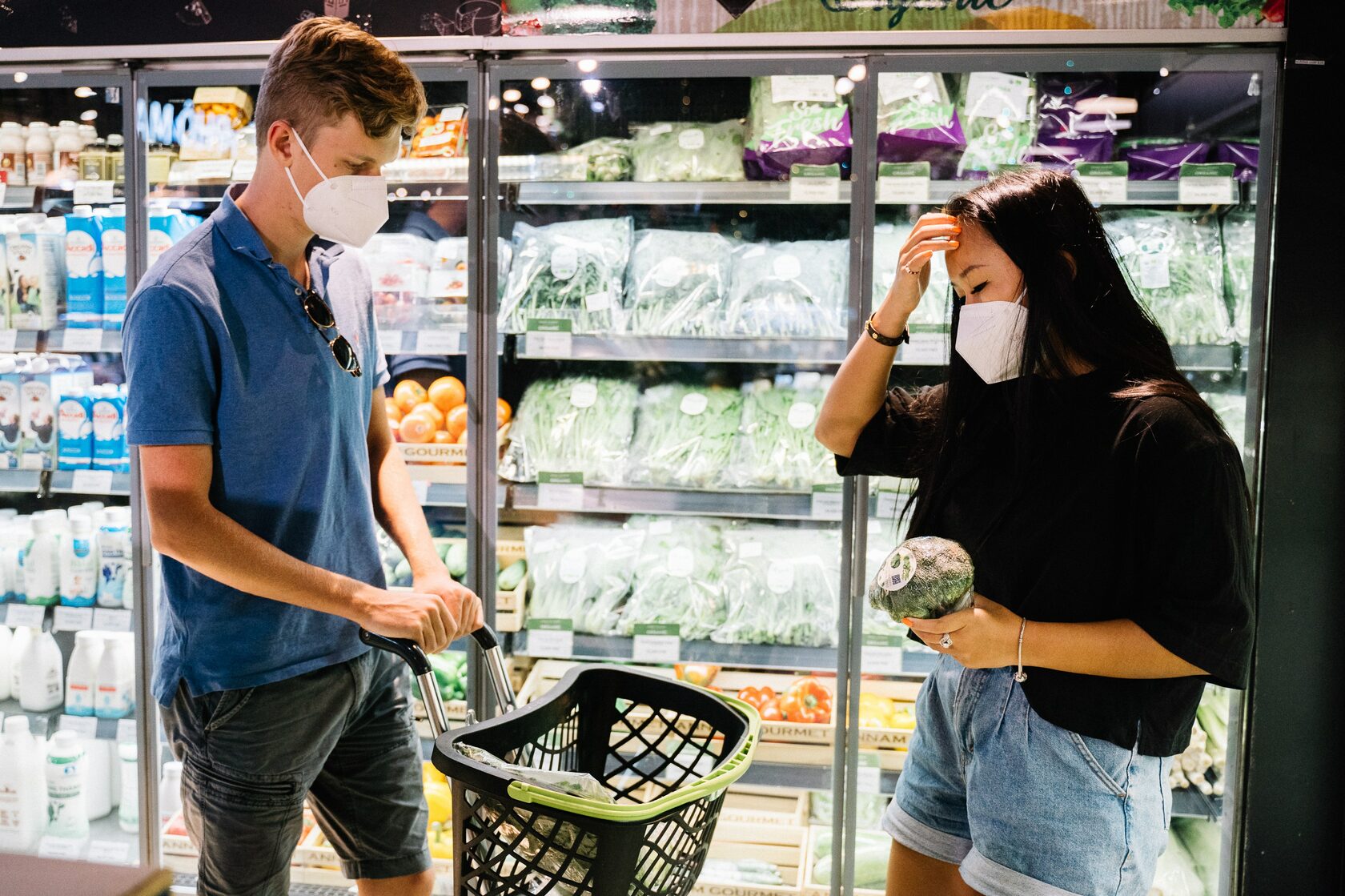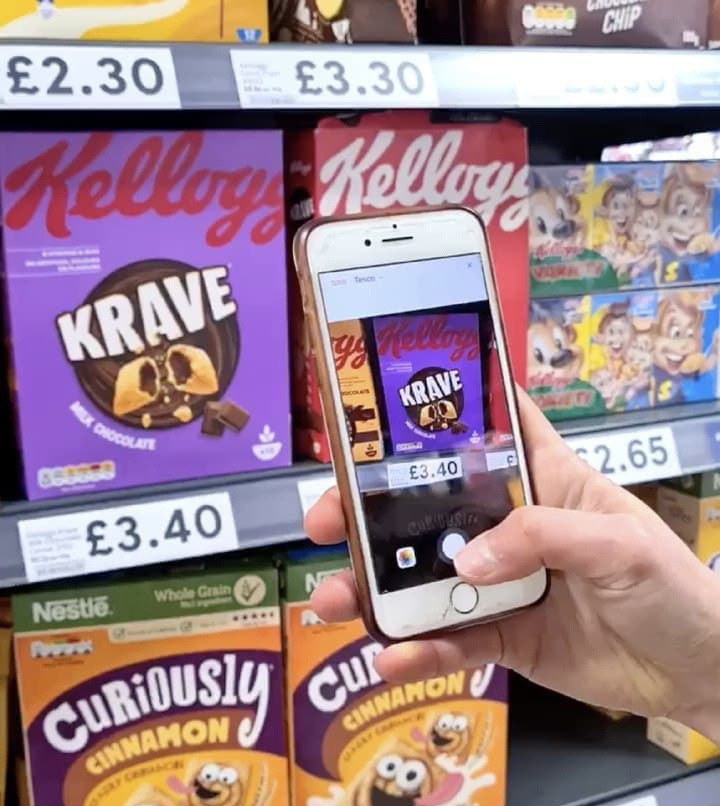In brief, the 3rd goal is focusing on improving the health of people, strengthening health organizations, fighting widespread global diseases and ensuring quality and smooth accessibility to healing on a global scale. All United Nations Member states are eager to contribute to these meaningful goals as global health is at stake at the moment. Especially in terms of threatening obesity and well-being levels among different societies.
With reference to the UNDP (United Nations Development Programme), someone of ages 30 to 70 years dies prematurely from such diseases as cardiovascular disease, chronic respiratory disease, diabetes or cancer. So there is no surprise that back in 2015 the UN took these numbers very seriously and set a goal of reducing the risk of premature deaths from non-communicable diseases by focusing on peoples’ mental health and well-being. Particularly, this fight is carried out by ensuring societies are exposed to additional education and training on health topics with the focus to reduce national and global health risks. Some countries notice a considerable value and highly noticeable effect in advanced health education as the best prevention to widespread diseases.

Implementation of Goal 3 in the UK
World Health Organisation (WHO) has estimated that such non-communicable diseases as cancer, cardiovascular disease, diabetes and etc., are the major cause of death in the UK - in 2016 such type of diseases were the cause of 89 per cent of deaths across the country. In more than a few cases, this is provoked due to unbalanced and careless lifestyle - low physical activity, poor diet and weak mental health. The later risk factors were the major cause of 34% of deaths across the UK in 2017.

It can be easily noticed that the major problem among British is high exposure to low-quality products, high promotion of guilty pleasures such as the fast-food and low focus of attention to the importance of physical activity that results into increasing numbers of obesity and mental health issues.
For some, it might sound like a blessing, for some - as a curse, but the British society is exposed to such an immense assortment of highly sinful but painfully enjoyable food products and meal offerings that it is insanely hard to resist or at least get brief instructions on how to wisely perform in such a consumer-driven economy. The result of such an enormous confusion - 63% of British are overweight, claims UK’s prime minister Jonhson Boris in quite a recent announcement focused on the threatening COVID-19 situation in the UK.
The UK Government took these numbers and threats pretty seriously and in the political declaration back in 2018 committed into investing all efforts preventing and controlling widespread diseases by investing in mental health and wellbeing promotions. This would be achieved by cooperating with international and local development assistance. The UK government kept its promises and back in the same year allocated over £70m to the Prosperity Fund’s Better Health Programme that is supposed to run from 2019-2023 in eight countries and contribute into ensuring prevention of non-communicable diseases while promoting quality health education and training among societies.
JollyGut app contributes to implementing the 3rd goal in the UK
According to the UK Stakeholders for Sustainable Development when the discussion about health occurs among British, too often they choose to address the UK’s National Health Service (NHS) rather than themselves. However, health is not only the responsibility of NHS but an inside job of each individual as no changes can really happen when there is no contribution of each member of the society. Yet, in most cases, such contribution is mission impossible in the consumer-driven society where customers are treated as wallets rather than living and breathing human beings with complicated and fragile organism systems.

Keeping this thought in mind, the JollyGut team has decided to give the stake of health into each British’s own hands. How it is so? Co-founders French Erwin, British Stuart, Franco-British Eric and Russian Denis invented the idea of the food scanning app that aims to reduce confusion in grocery stores.
Too often, we are exposed to an enormous variety of food products with no brief explanation of their impact on our health and well-being. Checking label after label or planning shopping lists ahead requires time and high-quality education on nutrition. What is even worse, food producers often try to mislead us by offering innocently looking food packages with misleading nutritional information. The JollyGut teams aim to give a hand and a loop to each customer across the UK who got lost in the frightening food jungle that aims to keep customers addicted to sinful sweet & salty pleasures and weight scales.
So, how does the app work?
JollyGut has created an app that helps to see food for what it really is. It has developed an advanced visual recognition technology that scans any food product sold in Tesco, Sainsbury’s, and Morison’s and reveals which products can actually be considered as nutrient-rich. All you need to do is set your dietary preferences and the app will recognize which products match your most precise dietary needs. No hidden ingredients - only what you are looking for.
All that is required is to point a phone camera at any food item and the app will instantly indicate the most relevant nutritional information of the product. This way the customer is informed whether it contains his allergens, additives or if it is organic, vegetarian or vegan. More than that, the app compares this information and lets the customer learn:
- Nutritional value of the chosen product by indicating simple traffic light colour codes – green is the healthiest option, yellow is the “ok” one and red is a threatening choice.
- Recommendations for healthier alternatives of a chosen product keeping in mind price and taste preferences
- Evaluation of the whole basket nutritional value.

Keeping in mind that the recent Waitrose survey declared that 77% of customers (out of 2000 respondents) now choose shopping online rather than going to stores, JollyGut developed a browser extension. This extension allows accessing the same functions of the app browsing through supermarkets’ website (currently accessible only for Tesco, Sainsbury’s, and Morison’s). This means that you are informed about nutritional value, better alternatives and the whole basket nutritional value even while shopping online.
As the 3 Sustainable Development Goal generalizes, health and well-being of humanity as a fundamental priority in the world right now. But no, we don’t want to declare that it must be the priority of the governing ones, but of each individual governing its own guts. Thus, JollyGut app aims to focus on the health of each unique individual providing the tool that can make grocery shopping less confusing and more impactful on improving our health and well-being.
The app can be downloaded from the app store HERE.
OR as a browser extension HERE.






